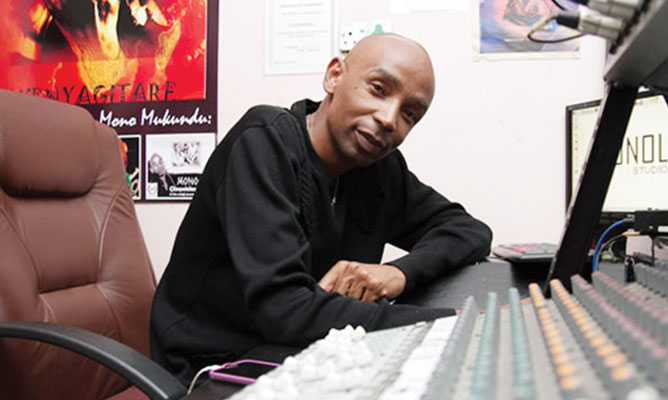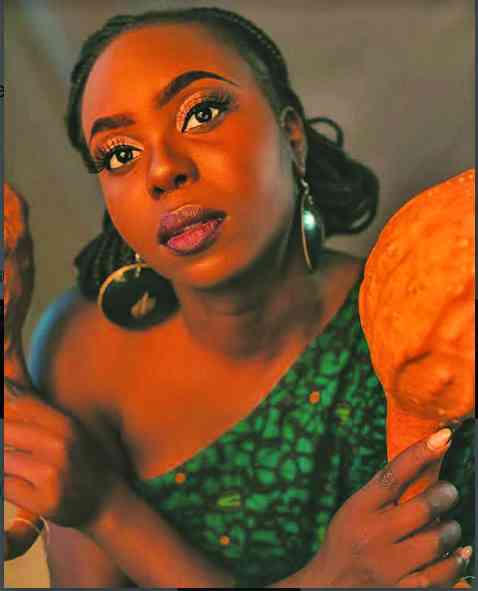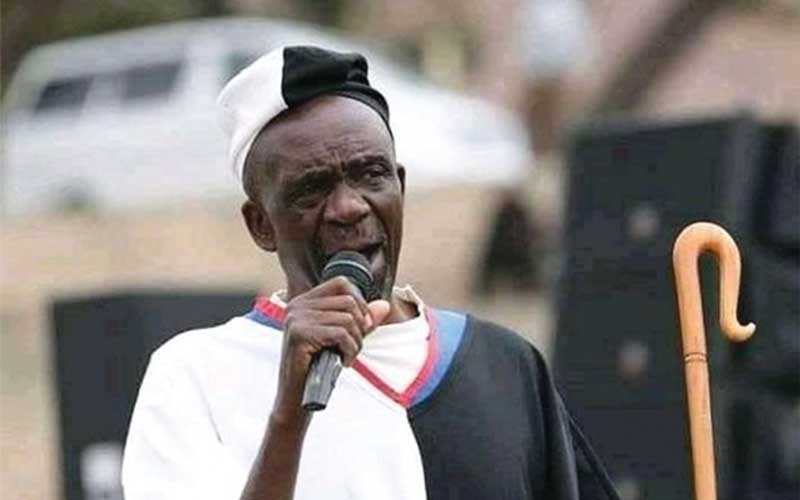
Between the Lines: BENIAH MUNENGWA
SINCE time immemorial, human beings have used words not just for speech, but as a tool to record life in both visual and aural forms.
Generations practicing before the new millennium seem to have mastered the art more.
From them, the world has been gifted with books, the likes of the Bible and the Koran, among other texts, that focus on the factual unrolling of life events including wars, slavery and the advent of multi-media technology.
This culture has seemingly continued to be in practice in the Western world. Events such as the September 9/11 attacks in the United States have made it into books as has the early 1980s Gukurahundi massacres in Matabeleland and Midlands provinces of Zimbabwe. The fall of Muammar Gaddafi and Idi Amin are other cases in point.
But is life only about events that affect big figures? The answer is a definite no. It is on this note that I came to the realisation that life in its vast depth has got a lot of important, but ignored aspects that should also be laid into recorded literature or documentation.
There is a popular saying that goes: “In the information age, knowledge is power.” This implies that whoever takes charge of information shall be, therefore, the controller of the world, through the manipulation of perceptions.
In Zimbabwe, there are a lot of events that appear to have been ignored by literature. These include Cyclone Idai and the Tugwi Mukosi disasters, which seem to have escaped the eye of Zimbabwean writers.
- Chamisa under fire over US$120K donation
- Mavhunga puts DeMbare into Chibuku quarterfinals
- Pension funds bet on Cabora Bassa oilfields
- Councils defy govt fire tender directive
Keep Reading
These are, however, not the only nuanced subjects waiting to be added on the Zimbabwean text list. The events leading to the 2008 elections and the events preceding also make up the list.
These events stand nuanced, not because they happened, but because preceding events carry a large can of worms. How about exploring the realities of looting, health time bombs, cultural distortions, traumas, prostitution and regression in development all but in full expanded and authentic depth?
A thorough input invested in this process leaves the composer with a product that is yearned for by many. Talk of researchers, curious heads and any other parties like legislators, if they, by any means read, they will all be flocking for work like this.
Subject matters are not only centred on the struggle of man alone. As such, lighter issues such as the rise and exploits of movements like Urban Grooves or Zim-Dancehall should not be left unexplored.
This stance is essential in that, it presents the world with an avalanche of knowledge on what to and what not to do. They say: “Experience is the best teacher.”
But how then will a person benefit from experience if he/she had not been through that experience? The best way is through accessing records left from those that have either seen or lived through it.
Renowned music producer Clive “Mono” Mukundu was outstanding in capturing his music journey, his struggles and his conquest in the semi-biography, Mono Mukundu: Following the Melody. The book, together with his second publication, Poor and Famous, document in minute detail what goes down in Zimbabwe’s music industry. More such books, in different areas of life, are needed.
It is important, especially, for Africans to continue pushing their narratives through publishing to tell their own stories, rather than subcontract Westerners, for instance, to do that. When a narrative is made, it doesn’t matter that there once was an external narrative because that new narrative will counter that which already exists.
The hope for an Africa in charge of its destiny begins with the ability to record and relate its past to the mapping of its future.
A movement like Zimdancehall, however social, can formulate the basis of a reading and understanding of the ghetto culture. It then offers a rare window into the societal makeup of the people that constitute the larger chunk of Zimbabwe’s urban life.
Recently also, the agriculture-based economy of many subsistent and commercial farmers has been haunted by the July disease. Cholera too has and still ravages much of Zimbabwe’s urban society. Would it not be of interest to the nation if all that is recorded for the sake of facilitating future reaction, anticipation and understanding?
However, as simple as the task might appear, this task is not for the short willed. It is certainly for those whose intuition supports thorough research and all other forms of input. Imagine that voice that knows it all, from head down to the tail?
It also involves pouring in some of the gross domestic product monies into research, into writing and recording events so that, whatever shall be said of this country or this continent in the future will not just be that from Western or Eastern sponsored point of view, but also a challenging voice from inside.
Beniah Munengwa writes in his personal capacity. He can be contacted through email on [email protected].











